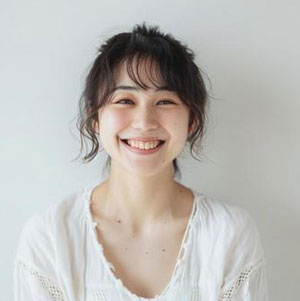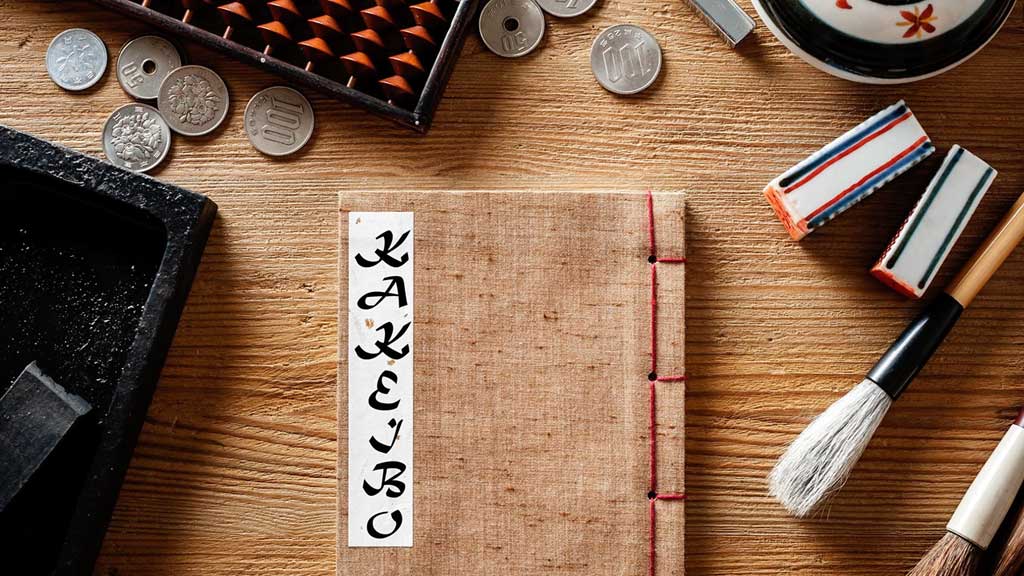- Posted on
- • Finance
Kakeibo: The Japanese Art of Money Management
- Author
-
-

- User
- Aira Nicole
- Posts by this author
- Posts by this author
-

Image Credit: BBC
Kakeibo, a traditional Japanese method of managing household finances, has gained popularity once again thanks to Fumiko Chiba's compelling book, Kakeibo: The Japanese Art of Saving Money.
Originating in 1904, Kakeibo encourages individuals to track their income and expenses meticulously while fostering a mindful relationship with money. This article delves into the essential steps of implementing Kakeibo effectively, ensuring better financial management and savings.
The Essence of Kakeibo
Kakeibo is not just a budgeting tool; it is a way to instill discipline and mindfulness in managing one's finances. It requires individuals to note down all income and expenses manually, promoting a greater awareness of where money goes. This method offers a structured approach to not only tracking finances but also evaluating spending habits at the end of each month.
Manual Record Keeping
Where technology simplifies many tasks, Kakeibo stands out by promoting writing by hand. According to The American Genius, “the most distinguishing feature of Kakeibo from other financial management methods is the absence of technology."
Benefits of Writing by Hand
Writing down your financial details in a notebook or on paper allows for a meditative process similar to maintaining a bullet journal.
By physically writing, you engage more deeply with your financial data, thus enhancing your ability to reflect on and understand your money habits.
This technique enables you to be more mindful about your financial standing and makes it easier to identify areas for improvement.
Budget Allocation with Envelopes
Allocating budgets into envelopes for different categories at the beginning of each month is another critical aspect of Kakeibo, drawing from the practice emphasized by ABC News. Once the budget for a particular category is set, it should only be used for that purpose.
Importance of Discipline
This method enforces discipline by motivating individuals to use their funds judiciously. It’s essential to avoid dipping into other envelopes or withdrawing from savings if you run out of money before the month ends. By sticking to predefined budgets, individuals can effectively manage their spending and save money over time.
Reflective Shopping
To combat impulsive buying, Kakeibo encourages individuals to question their motivations before making a purchase. While maintaining a list of income and expenses helps track finances, it doesn’t prevent reckless spending without self-reflection.
Self-Reflective Questions
According to CNBC, some essential questions to ask yourself before buying a product include:
- Can I live without this item?
- Given my current financial situation, can I afford it?
- Will I truly use this item?
- Do I have enough space for it?
- How did I discover this product?
- What emotional state am I in today? (Calm? Stressed? Sad?)
- How will I feel after purchasing? (Happy? Indifferent?)
These questions help you assess the necessity and impact of potential purchases, allowing you to make informed, intentional decisions.
Kakeibo offers a structured and mindful approach to financial management that not only aids in budgeting but also promotes self-discipline and reflection. By writing by hand, allocating budgets in advance, and asking critical questions before purchases, you can make significant strides in controlling your finances.